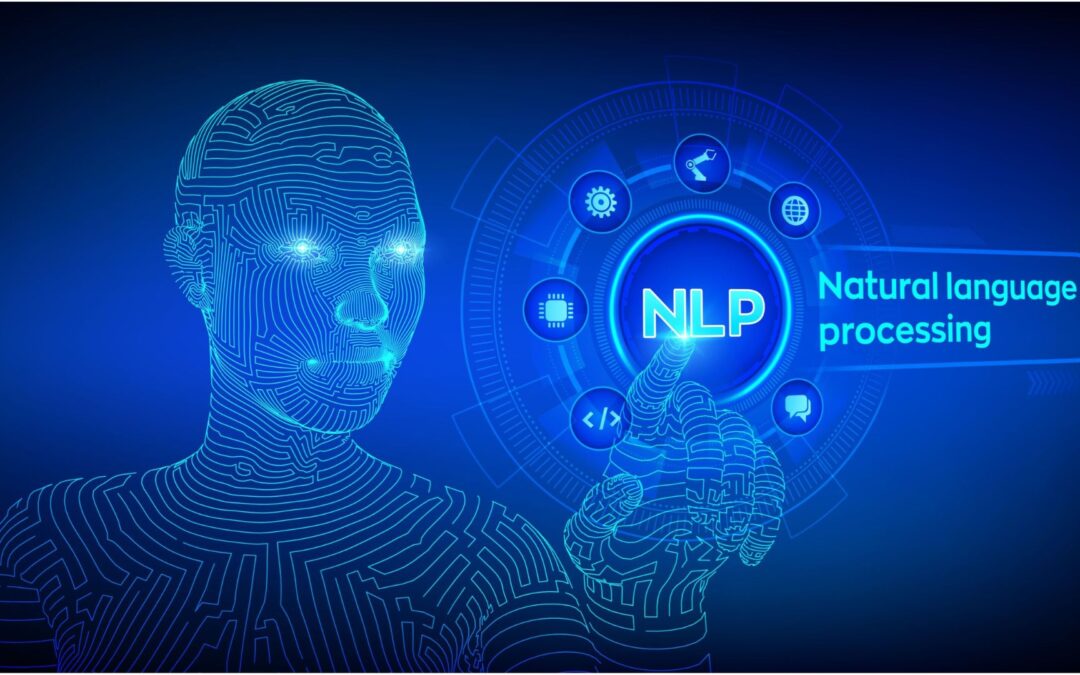What is Natural Language Processing?
Natural Language Processing( NLP) is a element of artificial intelligence( AI) that focuses on the relationship between computers and mortal language. The thing of NLP is to make computers to comprehend, interpret, produce, and respond to mortal language in a way that’s both meaningful and precious.
NLP involves a range of tasks that allow computers to work with human language, including:
- Text Understanding: This includes tasks like sentiment analysis (determining the emotional tone of a text), named entity recognition (identifying entities like names, dates, and locations), and text classification (categorizing text into predefined categories).
- Language Generation: NLP systems can generate human-like language, such as in chatbots, language translation, and content generation.
- Speech Recognition: NLP enables computers to convert spoken language into text, facilitating voice commands and transcription services.
- Language Translation: NLP systems can translate text from one language to another, making global communication more accessible.
- Question Answering: NLP systems can process and understand questions posed in natural language and provide relevant answers, as seen in virtual assistants.
- Text Summarization: NLP can automatically generate concise summaries of longer texts, aiding in information extraction and content understanding.
- Language Modeling: NLP models can learn patterns and structures in language, which is useful for various applications, including predictive typing and autocomplete suggestions.
- Topic Modeling: This involves identifying and extracting topics from large collections of text data.
- Dialog Systems: NLP powers chatbots and virtual assistants that can engage in natural language conversations with users.
NLP algorithms and models use various techniques, including machine learning, deep learning, and statistical methods. Some of the most prominent NLP models, like transformer models, have achieved remarkable results by understanding context and semantics in text data.
Challenges in NLP include handling ambiguity, understanding context, dealing with different languages and dialects, and capturing nuances of human communication. NLP has a wide range of applications across industries:
- Customer Support: NLP powers chatbots and virtual agents that can handle customer queries and support requests.
- Search Engines: NLP enhances search engines by understanding user queries and providing more relevant results.
- Social Media Analysis: NLP is used to analyze and understand social media sentiment, trends, and user behavior.
- Healthcare: NLP helps process medical records, extract insights from clinical notes, and assist in medical research.
- Language Translation: NLP systems like Google Translate enable rapid and accurate translation between languages.
- Content Generation: NLP can generate news articles, summaries, and other content automatically.
- Legal and Compliance: NLP aids in analyzing legal documents, contracts, and regulations for compliance and understanding.
NLP is a rapidly advancing field, and recent developments, including large pre-trained language models like GPT-3, have demonstrated significant progress in understanding and generating human-like language.

